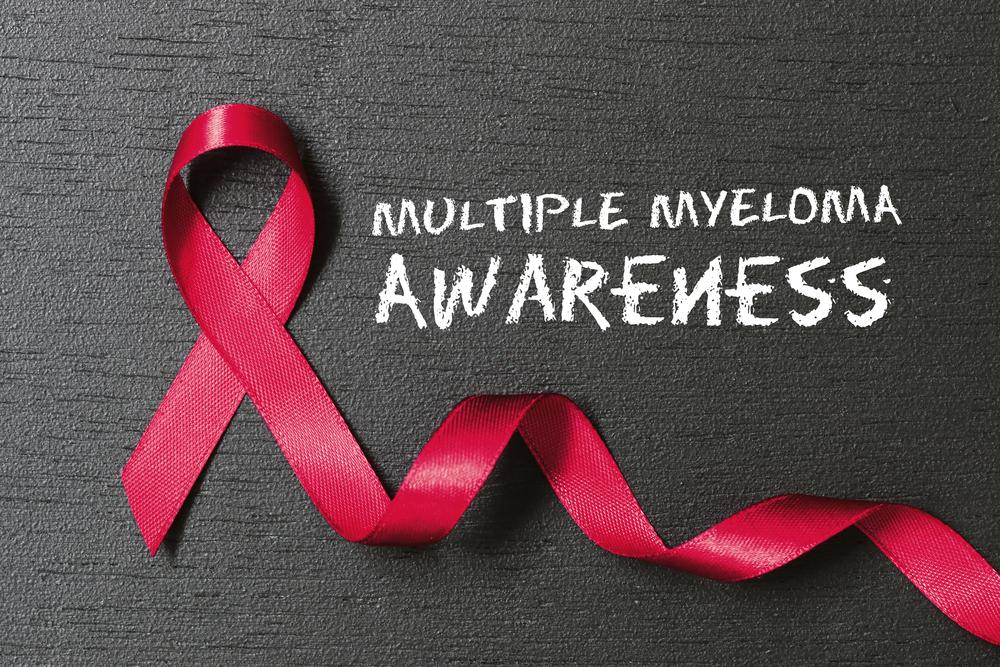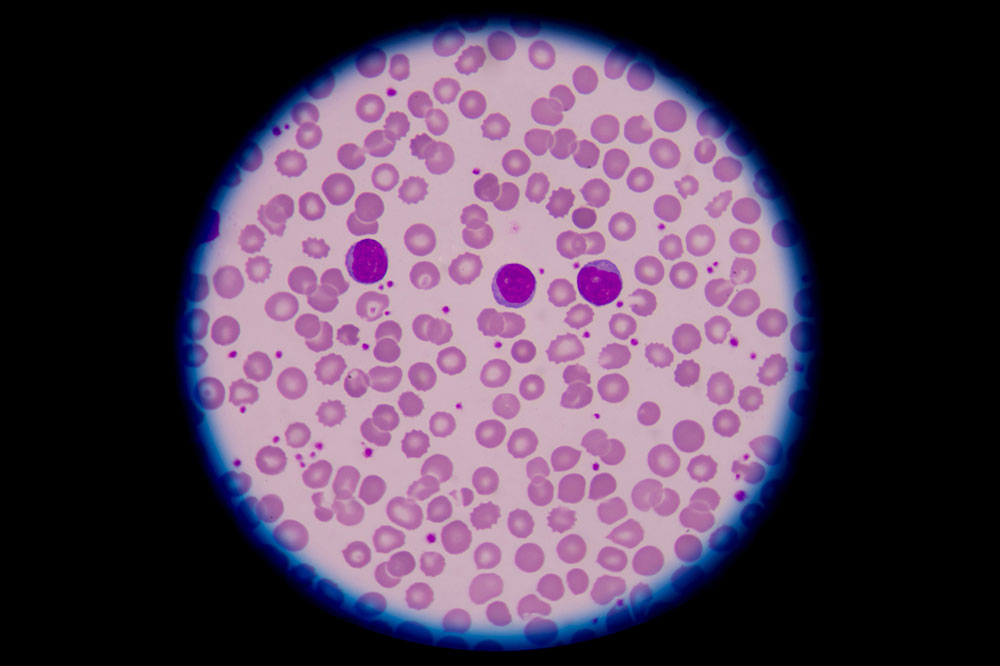Comprehensive Guide to Vitamin B12 Deficiency: Causes, Symptoms, and Prevention Strategies
Vitamin B12 deficiency can cause fatigue, neurological issues, and anemia. This comprehensive guide explores causes, symptoms, risks, dietary sources, and prevention methods for maintaining adequate B12 levels. Key for vegetarians, seniors, and pregnant women, understanding these aspects promotes better health through proper nutrition and supplementation.

Comprehensive Guide to Vitamin B12 Deficiency: Causes, Symptoms, and Prevention Strategies
Vitamin B12, also known as cobalamin, is an essential nutrient that plays a vital role in maintaining overall health and well-being. It is intricately involved in the formation of red blood cells, synthesizing DNA, and supporting the neurological functions that keep our nervous system running smoothly. Ensuring sufficient levels of vitamin B12 is critical for maintaining energy, mental clarity, and overall vitality. However, many individuals worldwide experience deficiencies that can lead to serious health consequences if left untreated.
This detailed guide will cover everything you need to know about vitamin B12 deficiency, including its causes, common signs and symptoms, risk factors, dietary sources, and effective prevention methods. Understanding these aspects can help individuals take proactive steps to maintain optimal B12 levels and prevent associated health conditions.
Understanding the Causes of Vitamin B12 Deficiency
Vitamin B12 deficiency can arise from multiple factors, often related to impaired absorption or insufficient intake. The most common causes include gastrointestinal disorders, surgical procedures involving the stomach or intestines, certain autoimmune conditions, and dietary restrictions.
Gastrointestinal Conditions: Conditions such as gastritis, celiac disease, Crohn's disease, and other malabsorption syndromes interfere with the body's ability to absorb vitamin B12 from food.
Surgical Interventions: Surgeries that remove parts of the stomach or small intestine, such as bariatric surgeries, can significantly reduce absorption capacity.
Pernicious Anemia: An autoimmune disorder where the body attacks stomach cells that produce intrinsic factor, a protein essential for B12 absorption.
Dietary Deficiencies: Vegetarians and vegans are at increased risk since vitamin B12 is predominantly found in animal-based foods.
Medications: Long-term use of certain medications like proton pump inhibitors and metformin can impair B12 absorption.
Understanding these causes is crucial as it helps healthcare providers diagnose the root of the deficiency and recommend appropriate treatment options.
Signs and Symptoms Associated with Vitamin B12 Deficiency
Low levels of vitamin B12 can manifest through a diverse range of symptoms that often develop gradually. Recognizing these signs early can prevent progression to more severe health complications.
Fatigue, Weakness, and Exhaustion: Since B12 is vital for red blood cell production, deficiency leads to reduced oxygen transport, resulting in persistent tiredness, weakness, and lack of energy.
Neurological and Cognitive Issues: B12 deficiency affects nerve health, potentially causing numbness, tingling sensations, difficulty walking, problems with balance, depression, memory loss, and mood disturbances.
Changes in Skin and Tongue: Symptoms such as pale skin or jaundice may appear due to anemia. Additionally, soreness, inflammation, or a swollen red tongue—known medically as stomatitis and glossitis—are common signs.
Burning Sensations and Paresthesia: Tingling or prickling feelings, especially in the hands and feet, are indicative of nerve damage associated with deficiency.
Digestive Problems: B12 deficiency can cause gastrointestinal issues, including constipation, bloating, gas, and in some cases, diarrhea.
Blood and Hematological Manifestations: Megaloblastic anemia, characterized by the production of abnormally large and immature red blood cells, is a hallmark of severe deficiency.
Additional Symptoms: Headaches, rapid heartbeat, shortness of breath, visual disturbances, unexplained weight loss, reduced appetite, irritability, nausea, muscle weakness, and coordination difficulties may also be observed.
It is particularly important for vulnerable groups—including vegetarians, older adults over 60, and pregnant or breastfeeding women—to monitor their B12 levels and seek medical consultation if symptoms appear.
Proper diagnosis through blood tests and other diagnostic measures are essential to determine deficiency severity and to establish a personalized treatment plan.
Dietary Strategies and Supplementation for Adequate B12 Intake
Since vitamin B12 is predominantly found in animal-based foods, individuals following vegetarian or vegan diets should pay close attention to their intake through fortified foods and supplements.
Rich sources include: fish, shellfish, poultry, eggs, and dairy products.
Plant-based diets often lack adequate B12 unless fortified foods or supplements are incorporated.
Fortified foods such as cereals, plant-based milk, and nutritional yeast can support B12 intake for those on plant-based diets.
Recommended daily intake varies by age, health status, and lifestyle. General guidelines from health authorities are as follows:
Infants under 6 months – 0.4 micrograms (mcg)
6-12 months – 0.5 mcg
1-3 years – 0.9 mcg
4-8 years – 1.2 mcg
9-13 years – 1.8 mcg
Adolescents and adults – 2.4 mcg
To effectively prevent deficiency, it is recommended to consume a balanced diet complemented by appropriate supplementation if necessary. Regular monitoring of B12 levels through blood tests can help prevent deficiency-related health issues. If symptoms of deficiency are present, consulting a healthcare professional for comprehensive testing and targeted treatment is vital to restoring optimal health and avoiding long-term complications.





